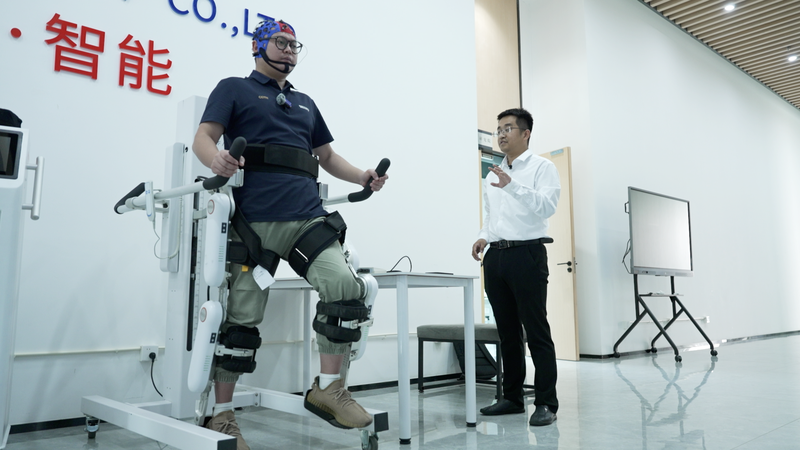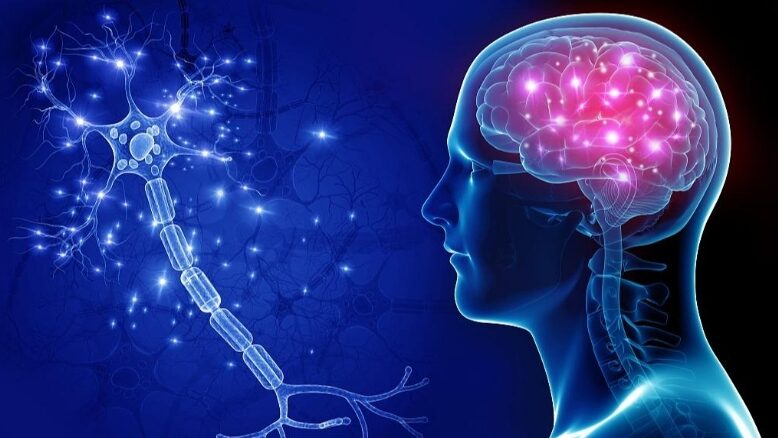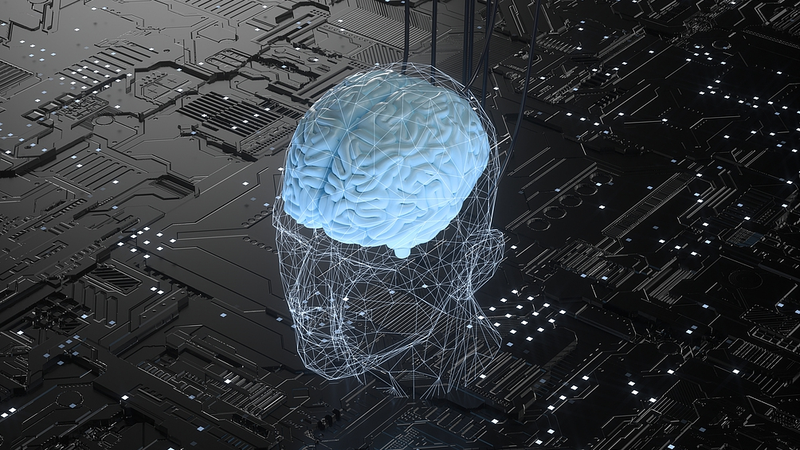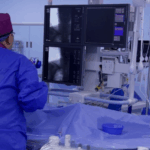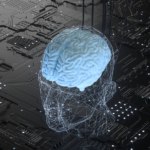Cutting-edge brain-computer interface (BCI) technology is transforming neurological treatment at hospitals across Sichuan Province, with Chengdu emerging as a hub for medical innovation. Doctors at West China Hospital recently demonstrated how paralyzed patients can now operate robotic limbs through neural signals – a development one 34-year-old stroke survivor called 'life-changing.'
Researchers from Sichuan University and local tech firms are collaborating on non-invasive BCI systems that decode brain activity patterns. Early trials show 82% accuracy in predicting seizure episodes for epilepsy patients, while Parkinson's sufferers report improved motor control through targeted neurostimulation.
'This isn't science fiction anymore,' said Dr. Li Wei, lead neurologist at Chengdu's BCI Research Center. 'We're seeing real-world applications from stroke rehabilitation to depression treatment – all while advancing fundamental neuroscience knowledge.'
The provincial government has allocated ¥200 million ($27.5 million) for BCI clinical trials through 2026. International investors are closely watching these developments, with the global BCI market projected to reach $3.7 billion by 2030.
Reference(s):
Brain computer interface tech benefits patients in Sichuan, SW China
cgtn.com
